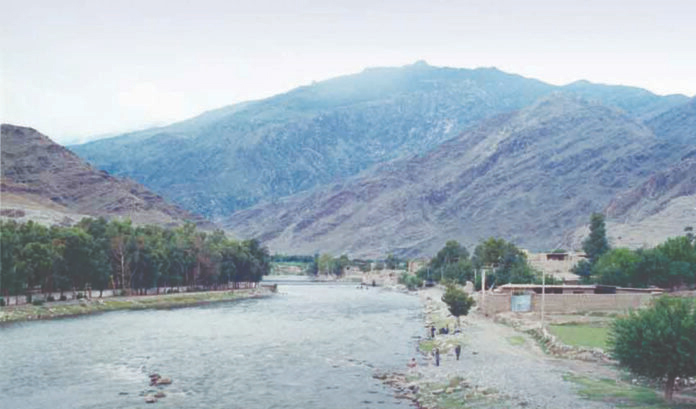
Moon Desk: Pakistan’s civil and military leadership has responded with clarity and force to India’s unilateral IWT suspension, interpreting it not merely as a diplomatic shift but as an outright act of water-based hostility. Prime Minister Shehbaz Sharif has labelled the move “a blatant violation and an act of water aggression,” and affirmed that Pakistan would deploy its full institutional capabilities— civilian, military, federal, and provincial— to counter the threat. Emphasizing unity in what he termed “a battle of justice,” Sharif likened the defence of Pakistan’s water rights to confronting an external military threat. Foreign Minister Ishaq Dar echoed these concerns in Parliament, equating India’s action to a declaration of war. He revealed that Pakistan has lodged formal protests and is actively pursuing redress through international legal mechanisms. Dar also highlighted Pakistan’s extensive diplomatic outreach to allies such as China, Türkiye, and the European Union.
Political voices across the spectrum have reinforced the national alarm. PPP Chairman Bilawal Bhutto Zardari condemned India’s decision as unlawful and warned that Pakistan might assert its right to control all six rivers governed under the treaty if India persisted. Other government spokespersons and provincial authorities have echoed the central leadership’s firm tone, describing India’s actions as “water terrorism” and warning of severe consequences for regional peace and stability. On the military front, Prime Minister Sharif has acknowledged the armed forces’ critical role in addressing this crisis, participating in strategic briefings alongside COAS Syed AsimMunir, who was elevated to field marshal following the 2025. Field Marshal Munir has made Pakistan’s position unmistakably clear, asserting that India’s treaty suspension crosses a “red line” and vowing that Pakistan will not compromise its water rights under any circumstances. He characterized India’s approach as both illegal and a form of “hydro-terrorism,” and warned that any attempt to divert or restrict water flows to Pakistan would be met with a unified and decisive national response.
DG ISPR Lt Gen Ahmed Sharif Chaudhry also played a significant role in articulating the military’s stance. He called India’s intentions delusional, as “only a madman would think they can stop water from reaching Pakistan.” His response captured both the emotional gravity and strategic seriousness of the issue: “If you block our water, we will choke your breath.” General Chaudhry emphasized that this conflict is about principles and national integrity, and that Pakistan’s military response has been restrained yet effective, backed by complete institutional unity. Defense Minister Khawaja Asif has further intensified the message, branding the Indian move as open aggression.
This consensus makes it evident that Pakistan views the situation as far more than a political dispute, but a strategic assault on the country’s most essential resource. For Pakistan, water from the Indus river system is not merely about agriculture or economics— it is about sovereignty and survival. With over 240 million citizens dependent on them, any disruption is seen as an existential threat. Pakistan is responding not only through statements but through tangible actions: accelerating dam construction, intensifying legal advocacy, launching diplomatic offensives, and enhancing military readiness. This is not a one-dimensional struggle but a comprehensive strategy— one that involves every domain from international law to cyber defense.





